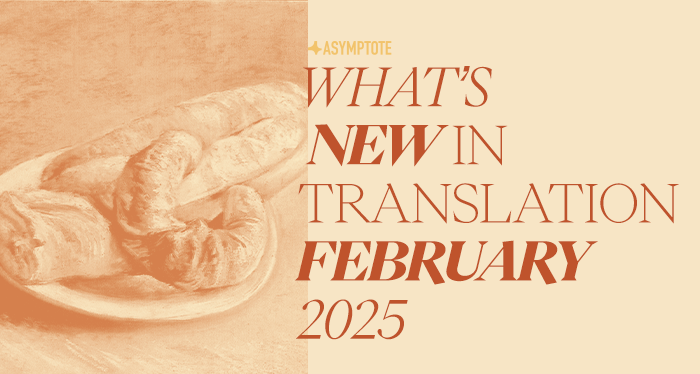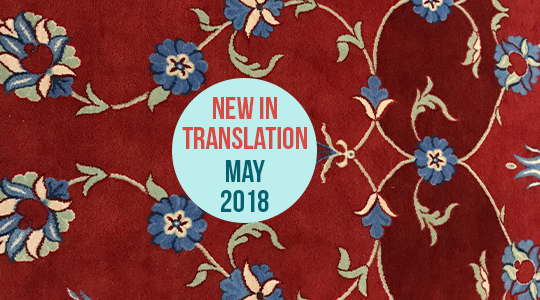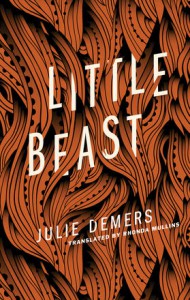In this month’s round-up of recent translations, we present eleven titles from Japan, Iraq, Colombia, Indonesia, Austria, Ukraine, Italy, Spain, Sweden, and Slovenia. From neorealist postwar fiction to the graphic novel, stories capturing the tides of time and the turbulent eras of violence, narratives of migration and mystery, innovations of the short fiction form and unconventional looks into classic tales . . . these titles are invitations into hidden places and profound sights, stark realities and dreamy visions.

A Perfect Day to be Alone by Nanae Aoyama, translated from the Japanese by Jesse Kirkwood, Other Press, 2025
Review by Rosalia Ignatova
Nanae Aoyama’s short novel, A Perfect Day to Be Alone, is the English-language debut of its lauded young author, offering a delicate exploration of existential drift through the eyes of Chizu, a restless twenty-year-old, and Ginko, her elderly relative who takes her in for a year. While the narrative is sparse on action, it is rich in atmospheric detail, focusing on the quiet moments that shape their unlikely cohabitation.




